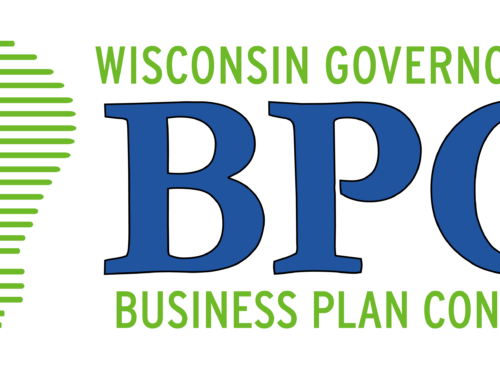
Jay Handy, co-founder of Walnut Capital Management
Entrepreneurs, inventors and small business founders traditionally look to banks, angel investors and venture capital firms to secure startup funds. Many might not be aware of an alternative funding source category: the family fund. In Wisconsin, there are several family funds taking an interest in supporting the state’s diverse and growing startup community.
A family fund, or family office, is a pool of assets managed on behalf of a family that has achieved significant wealth and wants to keep much of its portfolio in one place. The fund’s administrators handle taxes, legal and administrative duties, as well as investments, on behalf of the owners. In the past, these funds followed a more traditional investment route that equaled buying into well-established businesses, but many are now looking at the innovation and energy of startups as a financial opportunity.
Formed on behalf of a family or a group of families that wish to pool assets together, these funds are often made up of publicly traded securities alongside direct investments into startups, private equity holdings in more established companies, and direct ownership of real estate. A policy, created by the family, establishes the type of investments allowed and allocation of funds.
Wisconsin family funds are engaged market participants
According to PitchBook data, family offices did $100.6 billion in deals in 2016, compared with $25.1 billion in 2011. EY’s family office guide states that there are more than 10,000 of them worldwide—half established in the past 15 years—with more than $5 trillion of net-worth wealth. Wisconsin boasts several—including the Sachse Family Fund in Sheboygan, Hendricks Holding Company in Beloit and Lancaster Investments in Madison—that are becoming highly active in startup funding thanks to the state’s active support of local startups and the resources they require to succeed.
“The elements that make Wisconsin a special place to live are true in business as well,” said Jay Handy, co-founder of Walnut Capital Management, which has offices in Wisconsin, Missouri and North Carolina. “On the deal side of doing business, there is a history and culture of very creative minds and a push for better solutions to existing problems. We see this especially in the computer science and biotech space. On the investing side, there is an innate desire to help fund the home team. Many opportunities exist in our own backyard.”
This allows the funds to tap into the business growth and development culture that spans the state, creating a synergy between the public and private sectors that is unique to Wisconsin. Often that takes the form of pitch events and other entrepreneurial showcases that put startups directly in front of family fund representatives.
“Wisconsin is a rich environment for the startup and funding sides of the equation,” said Handy. “Through the work of the Wisconsin Tech Council and the Wisconsin Economic Development Corporation, there are numerous multi-day opportunities for companies to present to investors. They are well run, with quality investment opportunities and investors from around the country. We are way ahead of other states in this regard, particularly in the Midwest.”
And best of all for startups who are truly pushing the envelope in their chosen field of expertise, Wisconsin’s family funds are much more open to innovation than traditional lenders might be. That makes sense, given that family funds aren’t tied to stockholders demanding immediate high returns. They can be patient and play the long game, Handy said.
“What I have seen is that the family offices, which are still driven by the family, tend to be less risk-averse,” said Handy. “They will take a flyer or believe in a founder, possibly seeing themselves in that founder’s position years ago.”
Entrepreneurs interested in exploring this potential funding source can contact Bram Daelemans, investor networks director at the Wisconsin Technology Council, to discuss investment options for their business ventures.









FOLLOW US